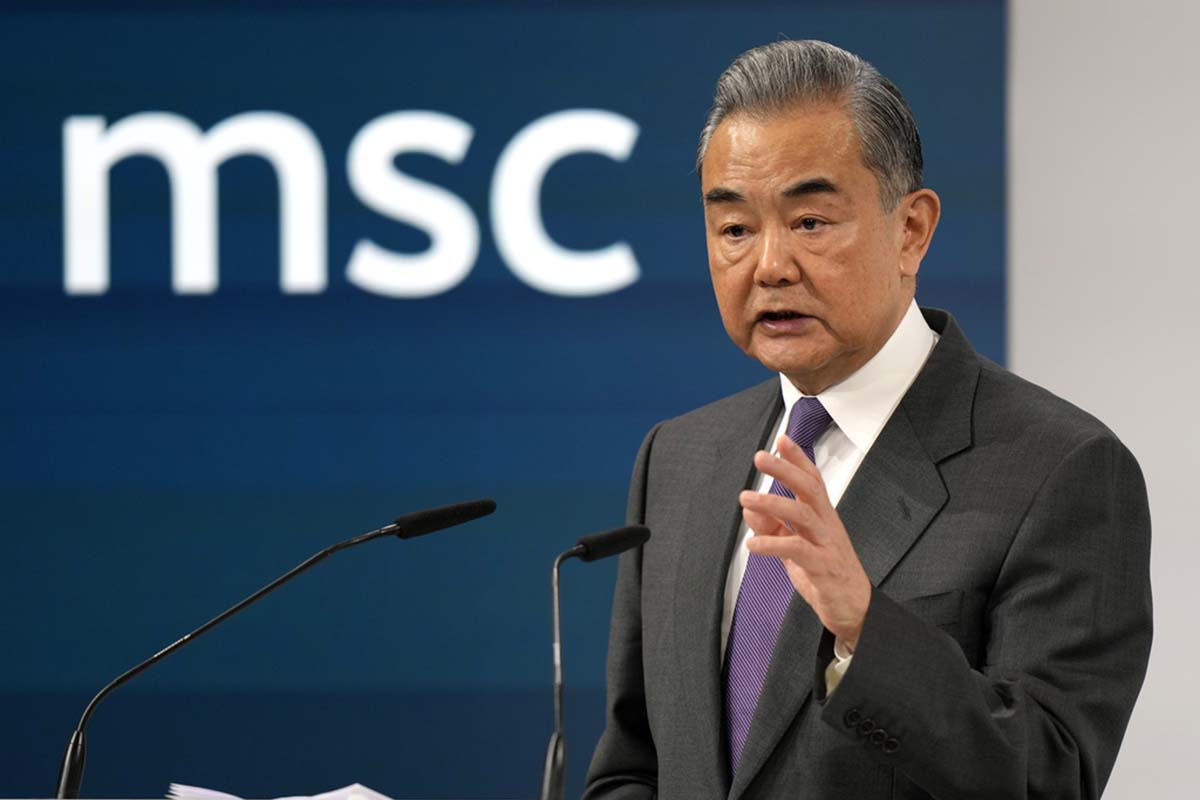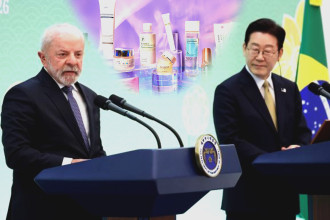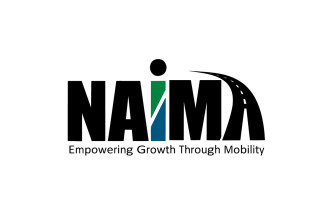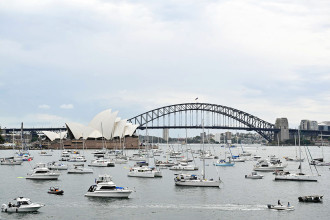
NEW DELHI: China’s foreign minister, Wang Yi, arrived in New Delhi on Monday to bolster long-strained ties with India amid intense pressure and tariffs from the US.
He held talks with his Indian counterpart, Subrahmanyam Jaishankar, and is expected to meet Prime Minister Narendra Modi during a three-day visit.
According to Indian media, Modi is expected to visit China later this month.
India’s foreign ministry said in a social-media post that ‘important engagements of the India–China Special Representatives and on bilateral relations’ were scheduled over the next two days.
The world’s two most populous countries are fierce rivals competing for influence across South Asia, and they fought a deadly border clash in 2020.
However, caught up in global trade and geopolitical turbulence triggered by US President Donald Trump’s tariff war, the two countries have moved to mend ties.
Restarting border trade across their icy, high-altitude Himalayan frontier is expected to feature high on Wang’s agenda. Its resumption would be a significant symbol and follows agreements to reinstate direct flights and issue tourist visas.
India is also part of the Quad security alliance alongside the US, Australia and Japan, which is seen as a counter to China.
Modi calls ‘friend’ Putin
Warming ties between China and India come as relations between New Delhi and Washington are strained.
Trump has issued an ultimatum for India to end its purchases of Russian oil — a key revenue source for Moscow’s war in Ukraine — or Washington will double import tariffs from 25% to 50%.
Modi said on Monday he had spoken to ‘my friend’ Vladimir Putin, with the Russian president ‘sharing insights’ on his summit with Trump in Alaska last week.
‘India has consistently called for a peaceful resolution of the Ukraine conflict and supports all efforts in this regard,’ the Indian premier wrote on social media.
Earlier on Monday, hopes in India that the Alaska meeting would ease US tariff pressure were tempered by remarks from US trade adviser Peter Navarro.
‘If India wants to be treated as a strategic partner of the US, it must start acting like one,’ he wrote in a sharply worded column in the Financial Times.
‘India acts as a global clearing house for Russian oil, converting embargoed crude into high-value exports while giving Moscow the dollars it needs,’ he added.
‘The proceeds flow to India’s politically connected energy titans and, in turn, into Vladimir Putin’s war chest,’ he said, in an apparent swipe at India’s major refiners, including tycoon Mukesh Ambani.
Navarro said the 50% tariff, due to begin on August 27, will ‘hit India where it hurts’.
By RSS/AFP






